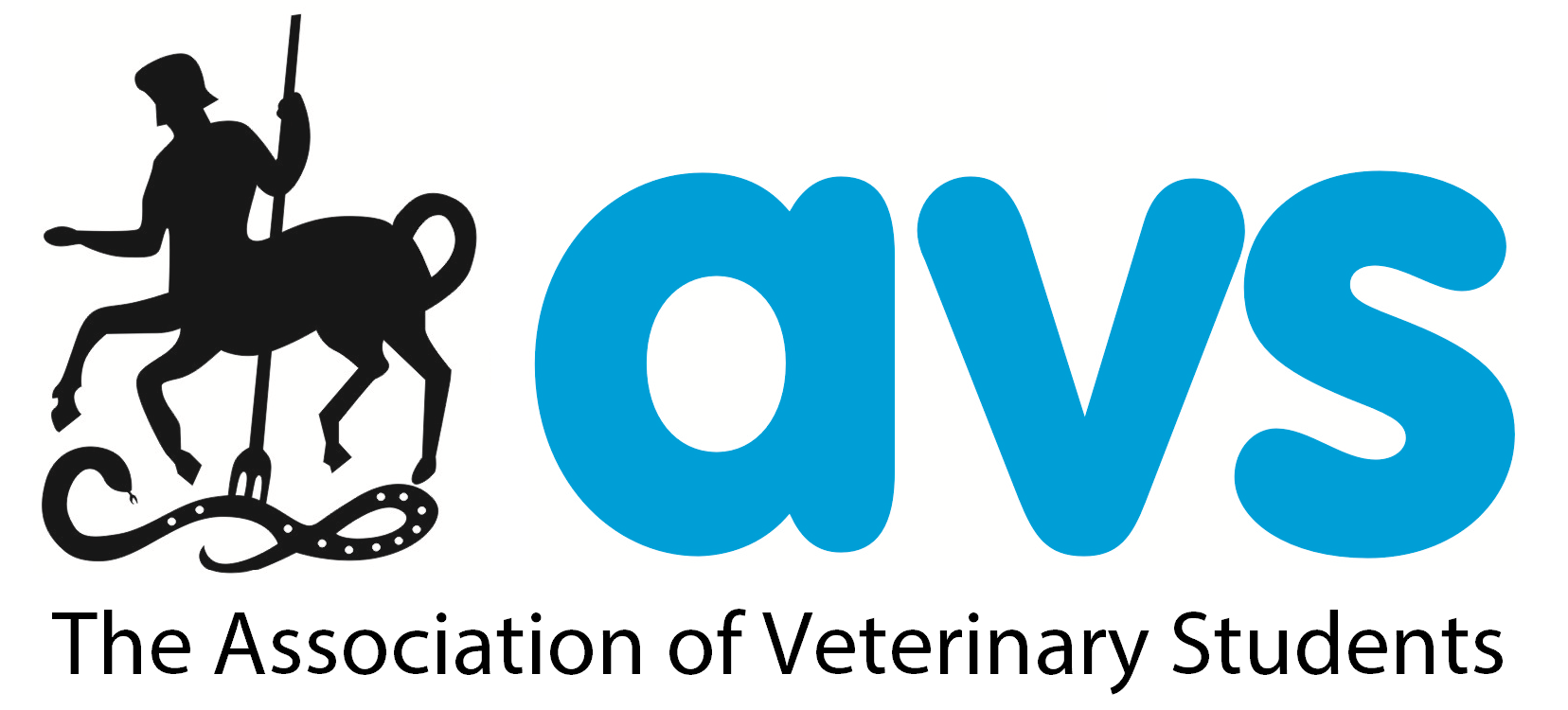The Catalyst of Uncertainty: Refining Veterinary’s Diamonds in the Rough
The Catalyst of Uncertainty: Refining Veterinary’s Diamonds in the Rough
Calum Mcintyre, AVS Junior Vice President
It’s a strange time being a vet student and even more so for the cohort of 2020, to whom a massive congratulations must go to on passing into the wider profession in such unusual circumstances.
Whether it’s been a transition to online teaching in pyjamas (perhaps already common for some), learning in the home environment, sitting open book exams or facing a shortfall in EMS; alongside the rest of the profession we have also had to adapt to our ‘new normal’.
Major disruption has been experienced by students, but the pandemic has also given rise to otherwise inaccessible and improbable opportunities. With reflection, this period has offered and continues to offer a great chance to drive creativity, innovation and change.
Like fuel to a fire, a crisis is often a catalyst for innovation and creativity. The adage: ‘diamonds are made under pressure’ comes to mind. The current pandemic has highlighted flaws in our ‘norm’ as well as the previously untapped potential of underused resources.
Take, for example, the recent demands on the NHS for ventilators resulting in Vetronic Services modifying, testing and supplying existing veterinary ventilators to assist NHS patients (Westgate, J., 2020). Other instances include telemedicine now being thrust into the spotlight like never before in the veterinary sector (Hall, C., 2020), or newfound means of hosting online CPD events and conferences to list but a few.
With unprecedented constraints and the urgency to adapt, previously unrecognised issues are now pertinent and at the forefront, with afore labelled radical and novel solutions appearing not so far-fetched.
I don’t imagine any students could have predicted finishing the year early or switching to entirely online teaching and exams, let alone the speed of the reconstruction of their degree (all credit to those who made these provisions possible). Moreover, we now find ourselves entering a summer of online case-based discussions and webinar learning as novel solutions to EMS cancellations.
In hindsight, all too often I have felt engrossed and immersed in tirelessly perfecting, honing and crafting skills, striving for the perceived ‘gold standard’. However, consigning with the ‘norm’ does not breed creativity, and without creativity, we lack fresh-minded innovation. But with our current state of uncertainty, in what direction are we heading and what will our new normal be?
Although right now we find ourselves in a state of extreme uncertainty, often unusual circumstances can offer a change in approach that we can take forward with us. Alongside this, I am firm in the belief that deciding our new normal is up to us. With a degree that takes on a lifestyle more than an occupation, being a vet is part of our identity, although by no means should it define us. Like the aforementioned diamond; with reflection pushing creativity and innovation; we can polish, chisel and refine the factors influencing our experiences as vet students and surgeons so that the lifestyle works for us, not us struggling to make the lifestyle work.
Furthermore, as students in a time and volume intensive degree, we often talk about not having enough hours in the day. With cancelled EMS and more flexible online learning, we now have more free time. Like many students, I had initially felt disappointment at these circumstances. However, by highlighting the importance of perspective; not only can we endeavour to do more by implementing positive changes; but we can be more by developing skills of the ‘hidden curriculum’ that are so often missed or under-appreciated. It is well versed that a solid clinical knowledge alone does not translate to being a ‘good vet’, so why not use this time to bolster skills that will inevitably last a lifetime.
If we don’t change (as the world around us does) we are left lagging and lacking. We become reactive rather than proactive. We become accepting and even frustrated with generalised flaws, with the most conspicuous issues facing the profession necessitating critical examination to prevent the dangers of accepting such circumstances.
But we can do, should do, and even owe it to ourselves to do better. In essence, we should constantly strive for change. In the context of the veterinary profession, I believe that at the very outset of our training students have a unique and heightened role to play in instigating change, starting early and challenging ageing, faltering ‘norms’. As a fellow student, I implore my peers to be creative, to identify problems and challenge the ‘norm’ in envisagement of the dream profession they hope to enter. After all, there will be many more students to come, following this same journey.
Here’s to finding our ‘catalyst’.
References
Hall, C., 2020. Televet Provides Boost To Veterinary Telemedicine With $5M Series A. [online] Crunchbase News. Available at: <https://news.crunchbase.com/news/televet-provides-boost-to-veterinary-telemedicinewith-5m-series-a/?fbclid=IwAR1IA_Z539uyk3n6UOKvp-ih-nR-cjJOnf2V70HNjh7EjPsw_Dfo6lgMF3c> [Accessed 16 June 2020].
Westgate, J., 2020. Keith Helps Breathe New Life Into COVID Fight. [online] Vet Times. Available at: <https://www.vettimes.co.uk/news/keith-helps-breathe-new-life-into-covidfight/?fbclid=IwAR0mqrMicArNBXiKfh-bGgEpuQe3UYY4mwOpQi-3afy80qmRlWae1HlH5MA> [Accessed 16 June 2020].
